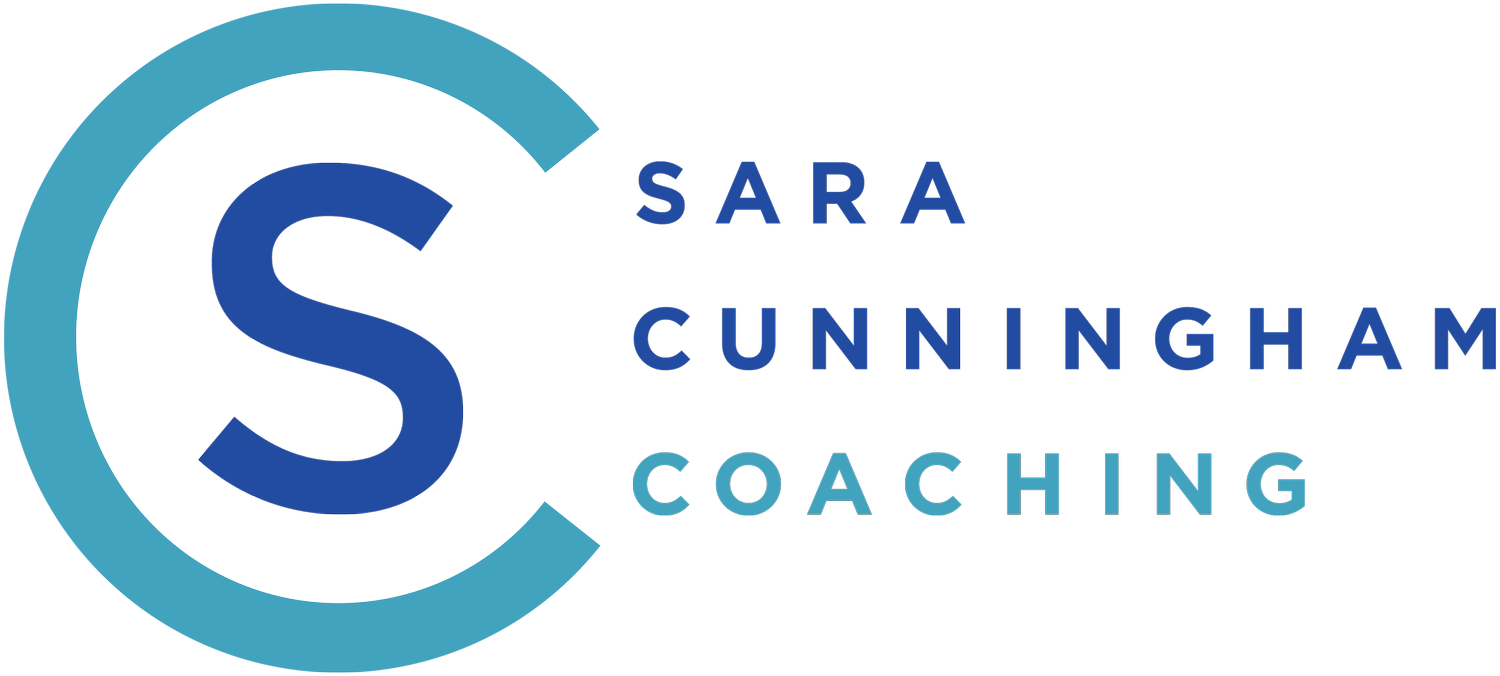Connecting with Gratitude
In a season of giving thanks during what may feel like a continuation of coping with challenges & adapting to change, what benefits can we derive from practicing gratitude? While similar to appreciation, the study of gratitude within the field of positive psychology provides us with an understanding on how we can experience gratitude in our daily lives.
Gratitude: “A thankful appreciation for what an individual receives, whether tangible or intangible. With gratitude, people acknowledge the goodness in their lives … As a result, gratitude also helps people connect to something larger than themselves as individuals–whether to other people, nature, or a higher power.” (Harvard Medical School)
We can turn to the research on the science of gratitude by Dr. Robert Emmons who describes feelings of gratitude within two stages beginning with acknowledging the goodness in one’s life and then recognizing that some of the sources of this goodness lie outside the self. This can lead us to reflect on who or what in our lives we can thank - a family member, friend, co-worker, neighbor, pet or something we observe nature. Additional psychological research has found that gratitude enhances well-being, deepens relationships, improves optimism, increases happiness, leads to a stronger sense of self-control, and overall better physical and mental health.
Practicing gratitude carries the benefit of blocking toxic emotions, such as envy, resentment, regret and depression while also being useful in apologizing, making amends, and helping to problem solve and navigate challenging relationships. Gratitude is also associated with positive physiological changes in our health including lower blood pressure, levels of creatinine (an indicator of the kidney’s ability to filter waste from the bloodstream) and C-reactive protein (a marker of cardiac inflammation and heart disease), improved immune function and a reduced lifetime risk for depression, anxiety, and substance abuse disorders.
So, what might our practice look like?
Journaling or recording 3 things you are grateful for each day
Calling someone you appreciate
Sending a letter, email or note of appreciation
Reflecting on who or what you are grateful for
Taking a gratitude walk
“What you appreciate...appreciates.” ~ David Cooperrider
Sources:
